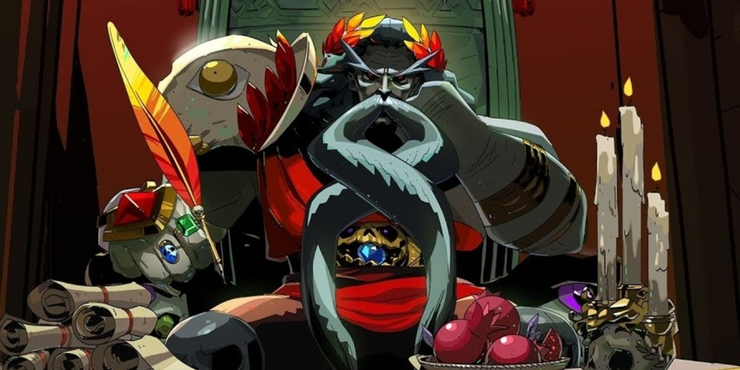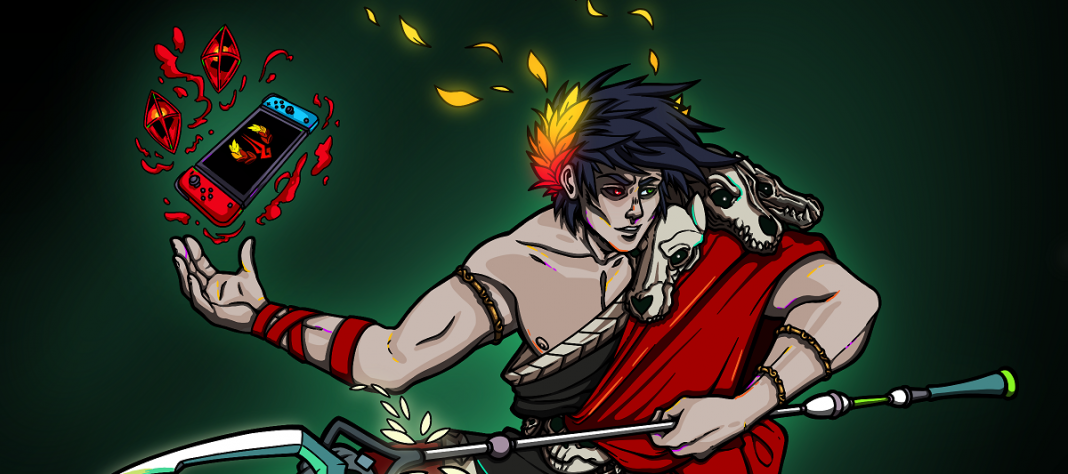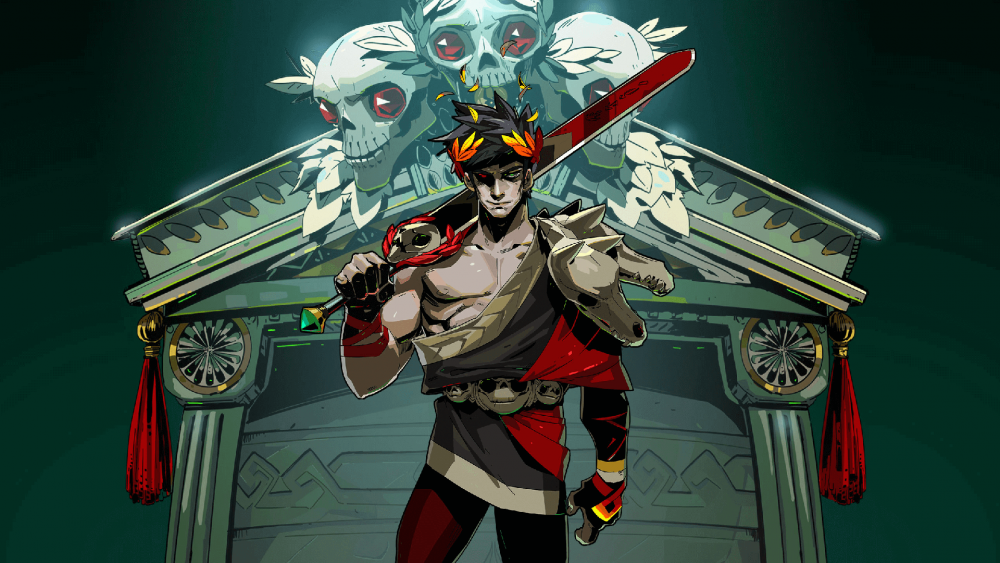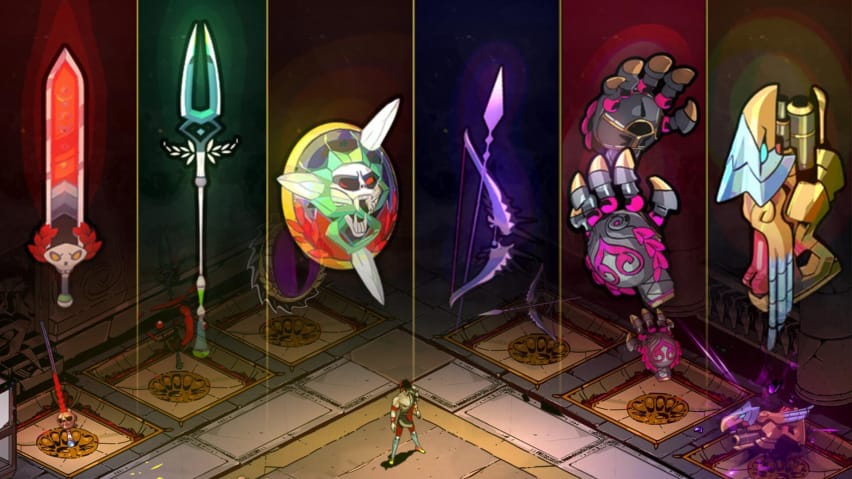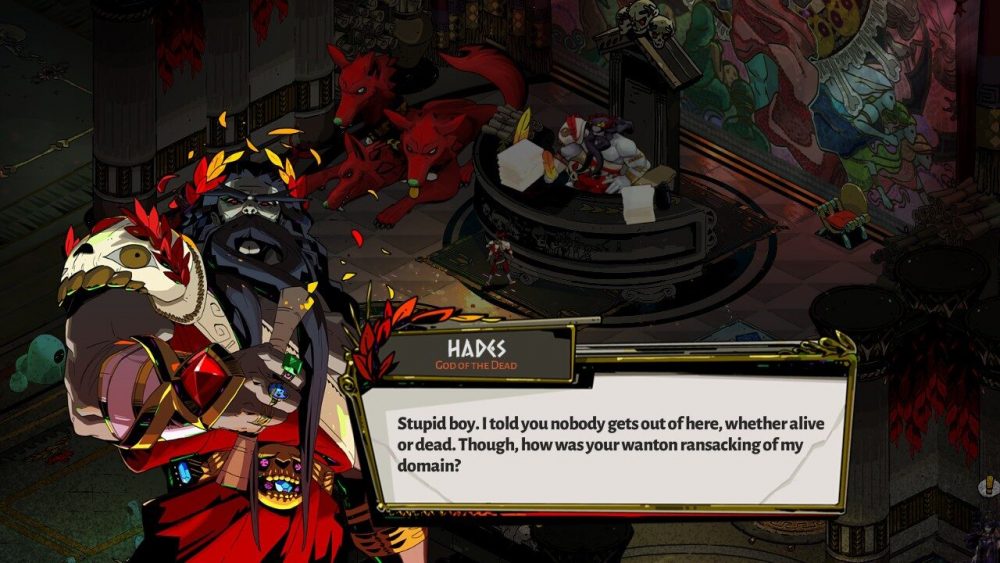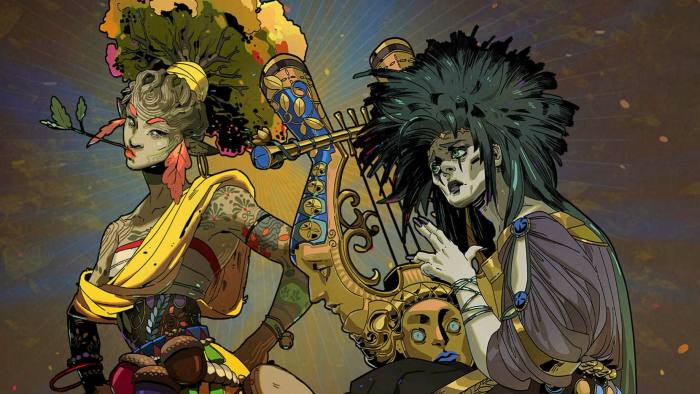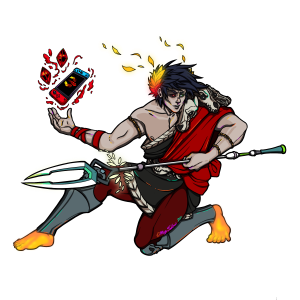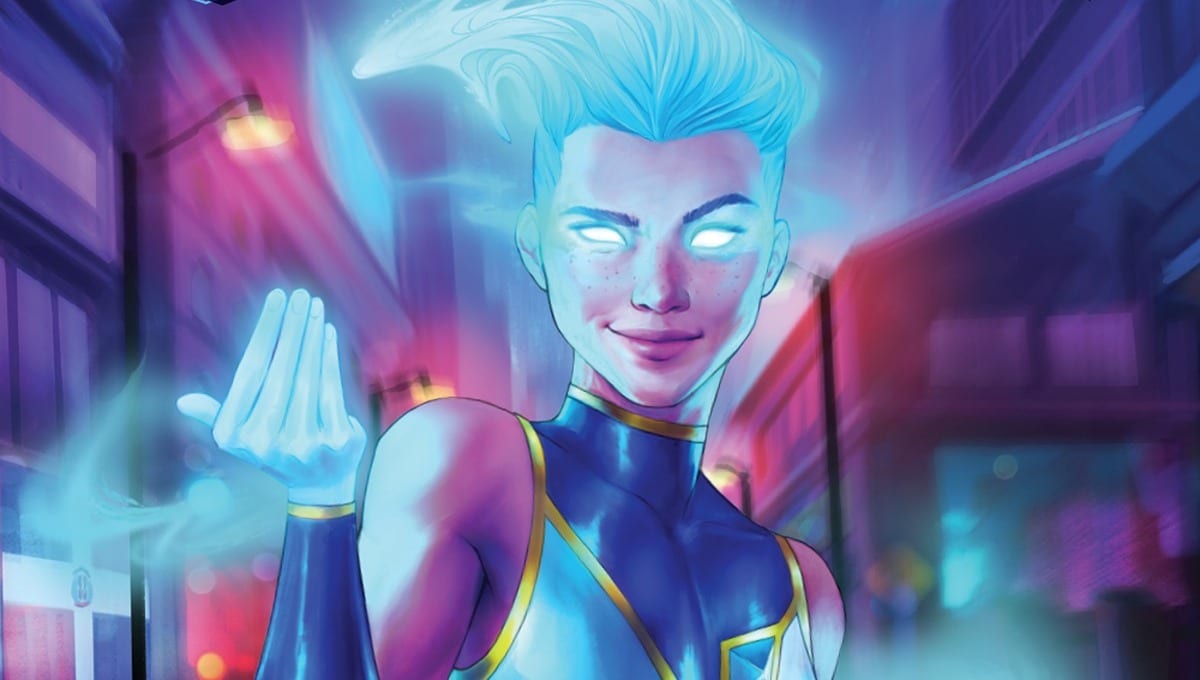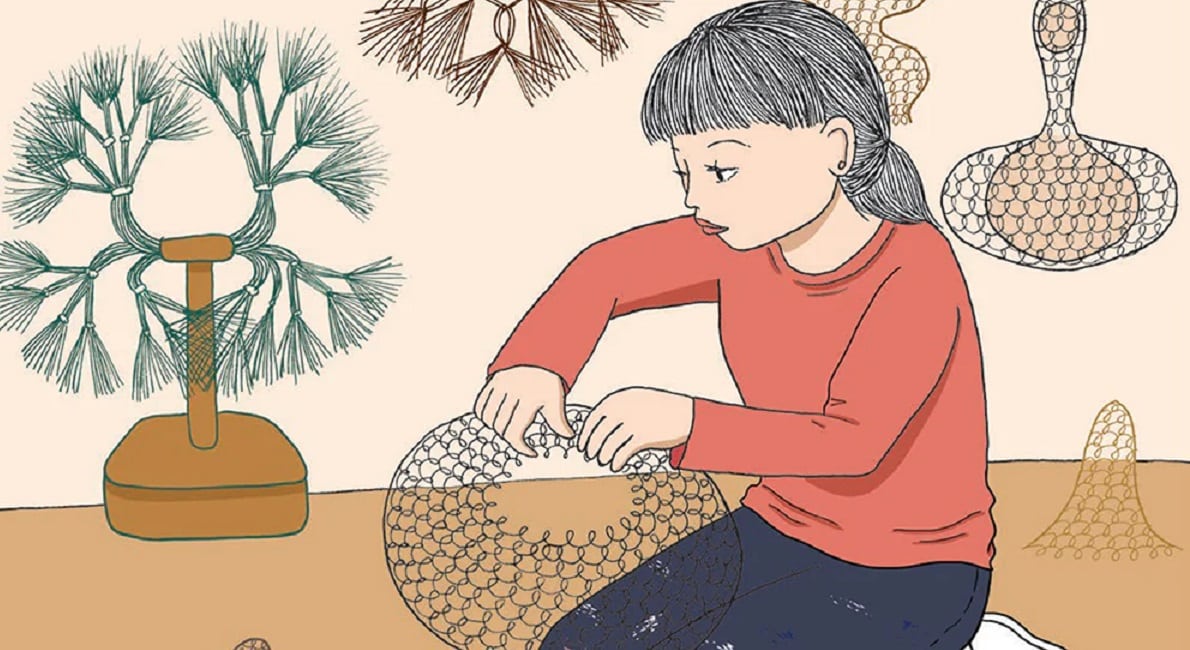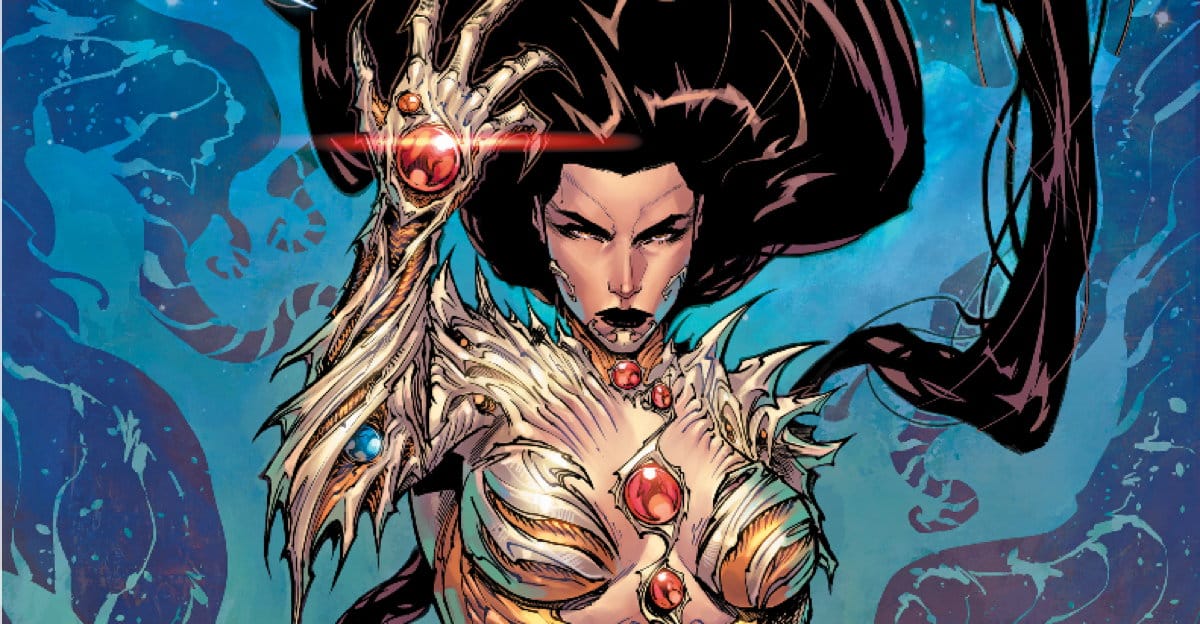Note: While the information is out there and I intend to talk about later game content in another piece, I’ve avoided spoilers for the story Hades in this article. There are minor spoilers about early unlockables (in mechanics and story.) Additionally, my experiences are with the Nintendo Switch version.
Many words have been said about Hades already. It has an absolutely thriving fanbase online, posting art and cosplays in abundance on a daily basis, and it swept an impressive number of nominations at the 2020 Video Game Awards. While ultimately losing out to The Last of Us Part II for Game of the Year, the indie darling has been dubbed such a title from plenty of others. Polygon, IGN, The Verge, Eurogamer, independent pundits– even Forbes has taken notice of this game’s star power. And it’s not even remotely surprising.
#NintendoSwitch pic.twitter.com/7BcS6zr0yn
— Eve Lavellan (@Elfie_KnifeEars) November 22, 2020
A bit of background: In simple terms, Hades is the story of prince Zagreus, the son of Greek god Hades and heir to the domain. The relationship between the prince and his father has been strained and often hostile for his entire life. This truly comes to a head when Zagreus discovers the true nature behind his birth and seeks to escape the underworld — a feat not one soul has ever accomplished since its inception. With the aid of Nyx (the night personified, mother of the fates, the furies, death, and sleep) and the fabled hero Achilles, our young hero passes the point of no return, battling all manner of shades and monsters to reach the surface. But that’s not all… though Hades himself has rebuked all contact with the rest of the pantheon, his godling son receives fleeting gifts of power from the likes of Zeus and the rest of his extended family.
And that last detail is one big way the game keeps itself fresh. Every Greek God has at least 12 Boons to offer — twelve unique abilities from their domain (Aphrodite offers Love-based status effects that weaken enemies; Zeus gives you lightning attacks; Poseidon puts the power of crashing waves in your hands, etc.). Essentially, there are infinite combinations of fighting mechanics to try and I haven’t even mentioned Duo Boons (Gods’ combined powers) or the six different weapons you unlock throughout the game OR that those weapons each have four different forms? I haven’t covered everything still, so let this preface just how abundant the game’s content truly is.
The gameplay can in essence feel repetitive after 50 runs through hell, but the game gives you so many ways to shake it up: temporary weapon technique upgrades, special held items, and, later in the game, Pacts of Punishment that impose new conditions from increased enemy move sets to bigger health bars to increased damage from traps, and so, so very much more. I can’t wrap my head around 100% completion in this game, but people have done it. Somehow. The point is, you’ll never have to do the same thing the same way more than once in this game.
The core concept is that the four levels of the underworld have random generation for every chamber, presenting itself in-universe as an ever-changing labyrinth to keep dead souls from escaping into the mortal world… a fact Zag is well aware of and actively circumventing.
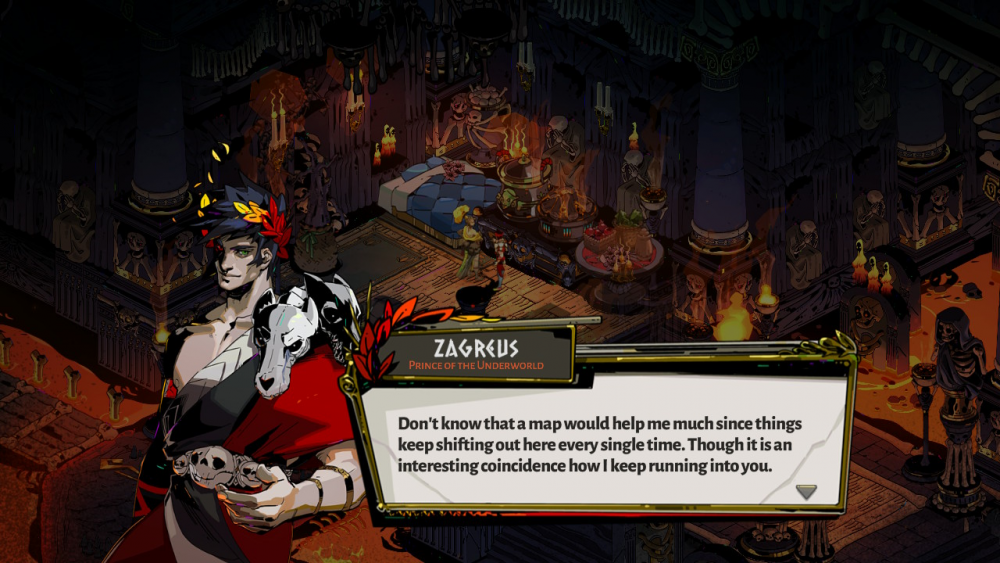
What else keeps people coming back to Hades? A cast of amazing characters adapted from Greek Mythology, with an incredible array of personalities and plenty of things to say for our rebellious prince of the underworld.
#NintendoSwitch pic.twitter.com/ejhoGeu62L
— Eve Lavellan (@Elfie_KnifeEars) November 22, 2020
#NintendoSwitch pic.twitter.com/YfD4i7hXtc
— Eve Lavellan (@Elfie_KnifeEars) November 22, 2020
Developer SuperGiant takes a plethora of ancient mythology (much of which has been heavily adapted throughout entertainment) and weaves it together beautifully in writing, performance, and visuals. Myths often have a certain… well, mysticism surrounding them. There’s this disconnect between the reader as a real-life mortal and characters that command entire domains, wielding immense power over death, the elements, even chaos itself. Hades however takes all of these larger than life characters and makes them intensely relatable. Zagreus, a god in his own right, struggles not only with abuse, but with being unable to prove his usefulness to his home, and he isn’t the only mythic character with relatable struggles. Players have noted the god of death Thanatos’s initial, slow-burn coldness in your encounters with him, only to find he arguably fears abandonment. Orpheus laments his failure to save his wife, Eurydice, and finds he hasn’t the heart to perform his beloved art form. Achilles feels he has failed Patroclus and, though it pains his very soul, he doesn’t deserve to even ask forgiveness for leaving behind his love. Again, failure is an extremely prominent part of this game. When I asked publicly how the game made players feel, an old college friend wrote, “Both like an unstoppable god and a desperate son trying to find a better life.”
The game’s story and mechanics slowly but surely evolve with each run. While this might sound like a given, I find it’s uncommon for a game to live and breath in such a way as Hades does. For how often, by design, the game expects you to fight, die, and repeat in a randomly generated labyrinth, there is an abundance of content that, ironically, keeps the illusion of life going. In 52 escape attempts (eleven of which were successful at the time of writing) there has been unique dialogue triggered throughout the ENTIRE game. The only repeated line I’ve gotten is one from Zeus, and I only realized it was a repeat because I found a screenshot I took from several runs prior. In the House of Hades, each random encounter, each verbal boss, etc. the game has excellent writing with fantastic characterization. While not every character has something new to say or special information to divulge in every interaction, virtually all of it feels impressively natural. It’s easy to be immersed! Some of my favorite conversations in the game are between Zagreus and Achilles.
#NintendoSwitch pic.twitter.com/ytbrbehCZJ
— Eve Lavellan (@Elfie_KnifeEars) November 22, 2020
The writing and delivery both convey a range of emotions and often sprinkle in hints of past transgressions and foreshadowing of events to come. And that kind of range is nearly universal! It makes pretty much every character feel well-rounded and real.
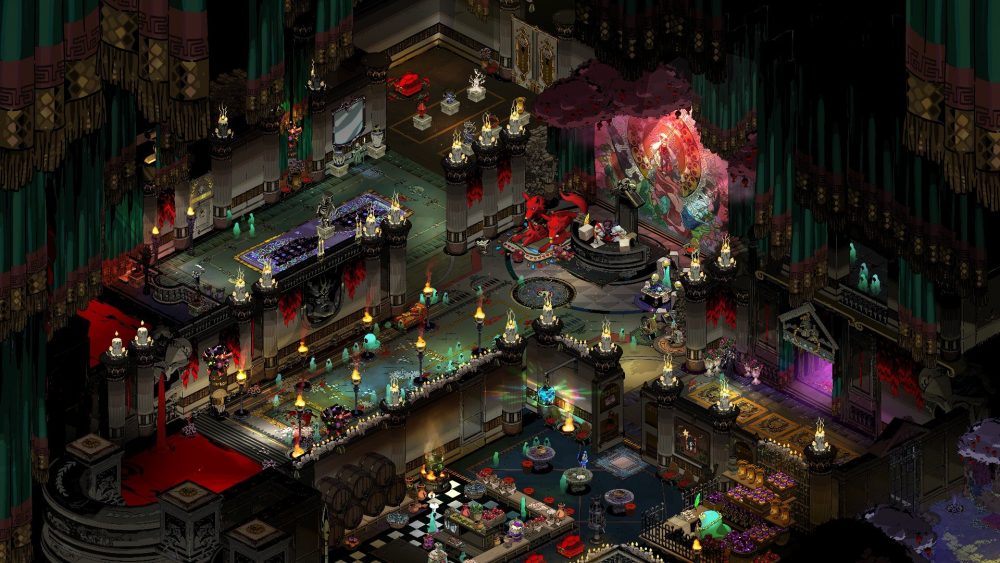
What Hades really champions is the interplay between narrative and mechanics. Your successes and failures alike have a noticeable impact on the story. Though death is almost inconsequential to a god born in the underworld, it still progresses the narrative. It is deeply embedded in the game as having an effect on people, even immortals and long-dead shades.
And the music. I can’t remember the last time a game’s score has blended so seamlessly with its world. From what I can gather with the features SuperGiant has shared, the team behind it really knew the style and tone the game was going for.
Additionally, some aspects of design, such as the random generation mechanic in room rendering mentioned above, are referenced within the game. At a certain point, the spirit of Orpheus, the famed mortal musician, is brought into the court of Hades. His will for his craft however is lost, as is his beloved muse. For those who don’t know the ancient Greek tale, Orpheus journeyed to the Underworld to reclaim his lover, Eurydice, after her untimely demise; Lord Hades allowed him to do this only if he could reach the mortal plane without turning back to look at her, which he did, losing his love once more. In Hades, you can encounter Eurydice as well.
Without wishing to spoil much, this music is the beginning of a unique portion of the social sim side of the game. Befriending Orpheus and his estranged wife slowly unlocks interesting new dialogue and, of course, music… and was the first time I learned about side-quests of sorts.
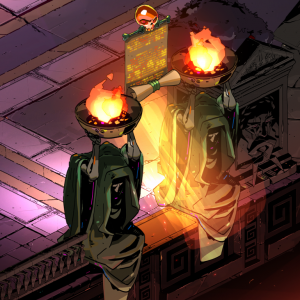
The Underworld is a sorrowful place, even in the beautiful fields of Elysium, home to souls of noble warriors, and there are a number of beings with severed connections to those dearest to them. It wasn’t immediately apparent at first, but Zagreus has the chance to rekindle old bonds while forging his own. There’s just something very charming about it, even when the primary mechanic moving the dialogue along is giving gifts of nectar (alcohol) to various characters — even a couple of the ones trying to thwart your plans of escape! Despite having beaten the main objective, I’m already itching to continue so that I may discover the deeper relationships between various characters, people they care for, and Zagreus. Plus, I have tons of Pacts of Punishment to test out!
